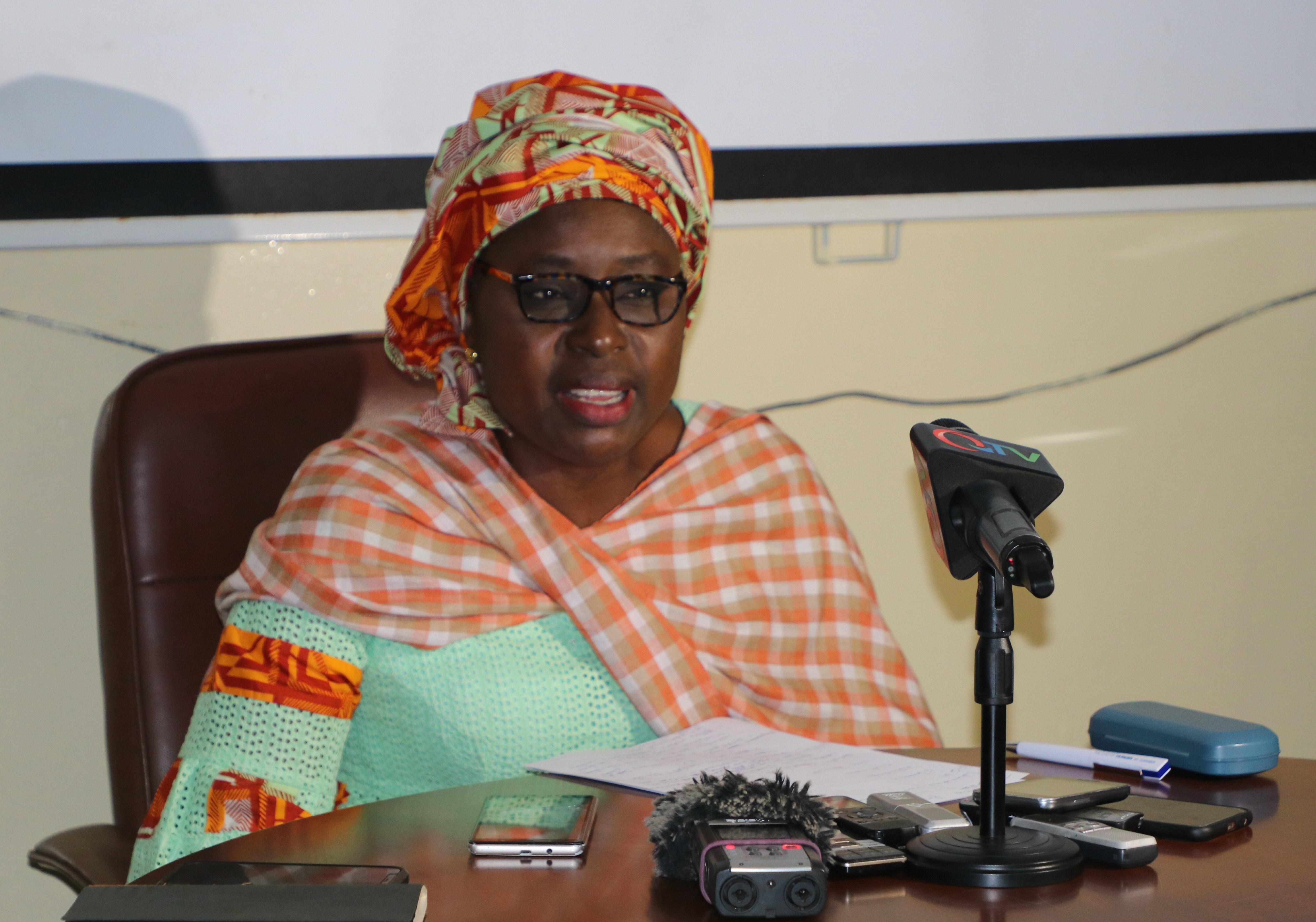Female Genital Mutilation is a deep rooted harmful practice which endangers the health of women and girls, while impeding their dignity and bodily integrity.
The practice leads to long-term physical, psychological and social consequences, which violate women’s rights to sexual and reproductive health, physical integrity, non-discrimination and freedom from cruel or degrading treatment. It is also a violation of medical ethics. Thus, FGM is never safe, no matter who carries it out or how clean the venue is.
Due to its deep entrenchment in cultural norms and beliefs, eradicating the practice requires a holistic approach that use various available mediums to influence positive change and the role of the media in this, cannot be over-emphasised.
It is against this backdrop that, in commemoration of the International Day of Zero Tolerance for Female Genital Mutilation, on 6 February 2020 on the theme: “Unleashing Youth Power: A Decade of Accelerating Actions for Zero Female Genital Mutilation” the Ministry of Women, Children and Social Welfare in partnership with UNFPA and UNICEF in The Gambia, hosted a press briefing to converse with media personnel, on ongoing efforts to accelerate the abandonment of FGM in Gambian communities and shed light on what has already been done, while highlighting challenges being faced by the actors.
Speaking to the press, the Honourable Minister for Women, Children and Social Welfare Mrs. Fatou Kinteh, recognised the support of the United Nations in The Gambia, particularly support coming from the UNFPA-UNICEF Joint Programme on the Elimination of FGM. Minister Kinteh highlighted that, the Zero Tolerance Day is a time to reflect on what has been achieved in the fight against FGM and to identify challenges which should be addressed in order to further current efforts.
The Minister went on to add that, The Gambia has employed a holistic approach in standing up against FGM, which has resulted in reaching thousands of people and structures at community level with the required information to end the practice. As a result, premised on the theme of this year’s commemoration, the efforts of Gambian young people who have passionately taken up the campaign and using various platforms including social media to educate themselves about the practice and garner stronger support of a critical mass of the population to join the #EndFGM movement, must be adequately recognised and applauded.
Citing various achievements, the honourable Minister highlighted that, FGM has been incorporated into the training of health personnel including at the School of Medicine, in order to ensure that doctor, nurses and, midwives in various facilities, are aware of the health consequences of the practice and are strong allies in the campaign to eradicate it completely.
According to her, we must strengthen social and behavioural change communication efforts because when people and communities voluntarily abandon the practice, it is more sustainable. As a result, the law although a great tool for promoting deterrence, should be a last resort.
On his part, Mr Kunle Adeniyi, UNFPA The Gambia Country Representative, recognised the efforts of government in coordinating efforts to accelerate the eradication of FGM, and recognised various actors including Civil Society Organisations and the media.
He went on to say that, the campaign to end FGM cannot be successful without the active involvement of religious leaders. This he said is because, religious leaders are gatekeepers of communities and influence conscience and beliefs, thus, they can play a crucial role in striking down myths that FGM has a basis in religion, because when societal pressures drive the practice, individuals and families need more information about the benefits of abandoning it.
He further stressed that, ending FGM in this decade, will have a multiplier effect on other SDG targets, especially on health and well-being, quality education, safe motherhood, inclusive societies and economic growth.
In the same vein, the UNICEF The Gambia Country Representative, Ms. Sandra Lattouf reiterated that, in order to make heads way, there is an urgent need to revisit what has been done over the year, identify best practices and the most impact-oriented strategies, in order to fill in the gaps and register more success in the campaign.
***
Media contact:
Haddy Jonga
Programme Analyst - Communications, UNFPA The Gambia


